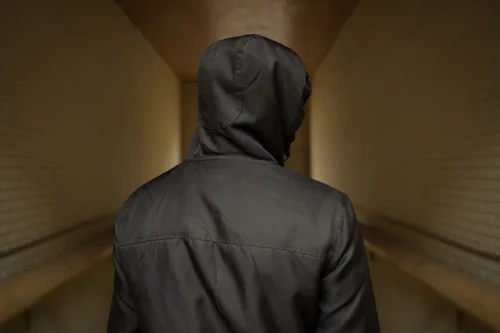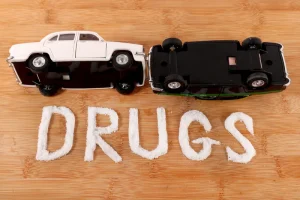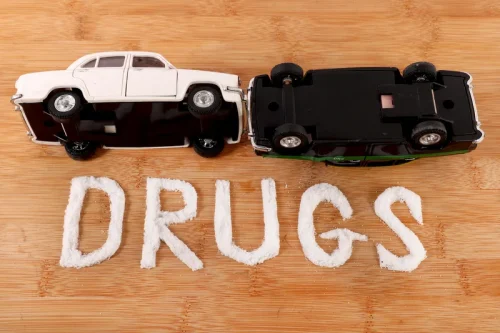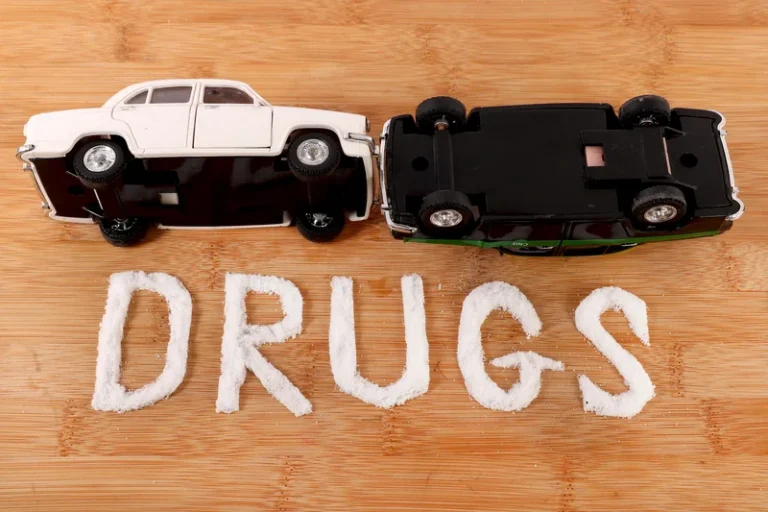Actuellement vide: 0,000 TND

Coming to terms with powerlessness can be one of the most challenging aspects of Step One. It’s not easy to admit that something as seemingly controllable as substance use or addictive behavior has taken control of your life. However, understanding powerlessness is the key to breaking free from the cycle of addiction. Step One is the foundational step in both Alcoholics Anonymous (AA) and Narcotics Anonymous (NA). It is the starting point of the 12-step recovery process and sets the stage for acknowledging the depth of addiction and the need for help.
- It empowers individuals to confront their addiction, embrace their vulnerabilities, and embark on a journey of healing and renewal.
- It often takes painful experiences—failed attempts at control, broken relationships, or hitting rock bottom—to admit we are powerless.
- The 1st Step is a deeply personal moment of surrender, but it’s not one we take alone.
- Step one asks you to identify out loud that you have continued to use substances despite this use impacting your life and or the lives of others negatively.
“We admitted we were powerless over alcohol, that our lives had become unmanageable.” – Step One of the 12 Steps
But for those of us struggling with alcohol addiction or other substance use disorders, logic fails to break the cycle. No matter how many times we tell ourselves, “This time will be different,” the mental obsession drives us back to the same destructive patterns. This is why step recovery begins with the 1st Step—admitting we are powerless and need help beyond our own reasoning. Admitting powerlessness over alcohol and other drugs is the crucial starting point for those beginning their journey in Alcoholics Anonymous (AA) or similar recovery programs. Bunmi is a recent graduate of the University of Maryland, Baltimore County, where she earned her bachelor’s degree in Psychology with a concentration in Human Services.
Applying Powerlessness to Broader Life Challenges
- Step 1 of AA is crucial because it’s not just about you and your recovery journey.
- The 1st Step of AA is more than just admitting we are powerless—it’s the key that opens the door to spiritual healing.
- In 2014, Corey moved to Florida where he worked in retail sales.
- These include reducing isolation, providing a support system, and witnessing the healing of others.
- What he has found to be most rewarding about working in the addictions treatment field is being able to help suffering addicts and alcoholics to realize their fullest potential.
- If you’re struggling with drug or alcohol addiction and are trying to overcome it on your own, give 12 step meetings a chance.
This acknowledgment is the key to breaking free from substance use disorders and beginning a recovery program that offers hope and https://ecosoberhouse.com/article/how-to-write-a-goodbye-letter-to-addiction/ healing. I began working in the treatment field for alcohol and drug addiction in January 2020, and it has provided me with a sense of purpose, as helping others has always been a passion of mine. I worked in construction prior to this field and needed a complete change in career as I was too suffering from substance addiction. I watch clients walk through the door, broken, and still remember when it was I who felt hopeless. After learning the necessary coping skills and engaging in a 12-step fellowship, my life began to change, and only for the better. I now enjoy working with others and helping them get through the hard times of early recovery.
- If you’re passionate about putting a halt to your alcohol consumption, AA membership is available to you.
- Admitting to being powerless over alcohol will help a person to recognize that he or she does not have control over their drinking.
- In 2017, James had the opportunity to combine his business experience and passion for recovery to start The Freedom Center.
The Importance of Family Support in Local Addiction Recovery

His career began working in the accounting industry as a financial auditor. In that role, James audited a national trade association with over 1,300 member companies that sell health insurance coverage to more than 200 million Americans. He also conducted official financial examinations of various non-profit organizations and for-profit corporations. drug addiction This experience allowed him to learn the inner workings of almost any aspect of a company. It also taught him the value of building meaningful relationships with clients and having a strong ethical framework.

Do You Have to Believe in God for 1st Step AA?
You may have seen the inside of hospital rooms or jail cells. Regardless of how you got to this point, Step 1 of AA is merely realizing that your alcohol abuse disorder was interfering negatively with your life, and you need to change. We admitted we were powerless over alcohol — that our lives had become unmanageable.

- This crucial acknowledgment is often the hardest for many people, as those who struggle with alcoholism frequently find themselves in denial about the severity of their problem.
- Even if someone realizes or admits they have a problem they might still be unwilling to make the necessary changes.
- These habits reinforce that admitting powerlessness isn’t about weakness—it’s about choosing a fulfilling life.
- It teaches us that this physical response is beyond our control, making abstinence and recovery essential for reclaiming our lives.
For many of us, this is a hard truth to accept because it challenges our pride and the illusion of control. However, admitting powerlessness allows us to start rebuilding a life free from the chaos of alcohol addiction and substance abuse. The concept of powerlessness in Alcoholics Anonymous (AA) is at the heart of the 1st Step and a transformative realization in twelve-step recovery. Admitting we are powerless over alcohol and other drugs means recognizing that our lives are no longer manageable under the control of addiction.

Like the jaywalker who repeatedly steps into traffic despite severe injuries, we continue drinking or using, unable to stop. This story reveals the insanity of addiction and how it hijacks our ability to make rational decisions. Acknowledging our powerlessness is an act of courage, not weakness. It opens the door to personal growth and shows us that asking for help is a strength, not a flaw. Some people mistakenly view the examples of powerlessness over alcohol 1st Step as a sign of being weak-willed or failing to overcome addiction through sheer determination. The truth is, addiction is a disease—not a moral failing or lack of effort.
